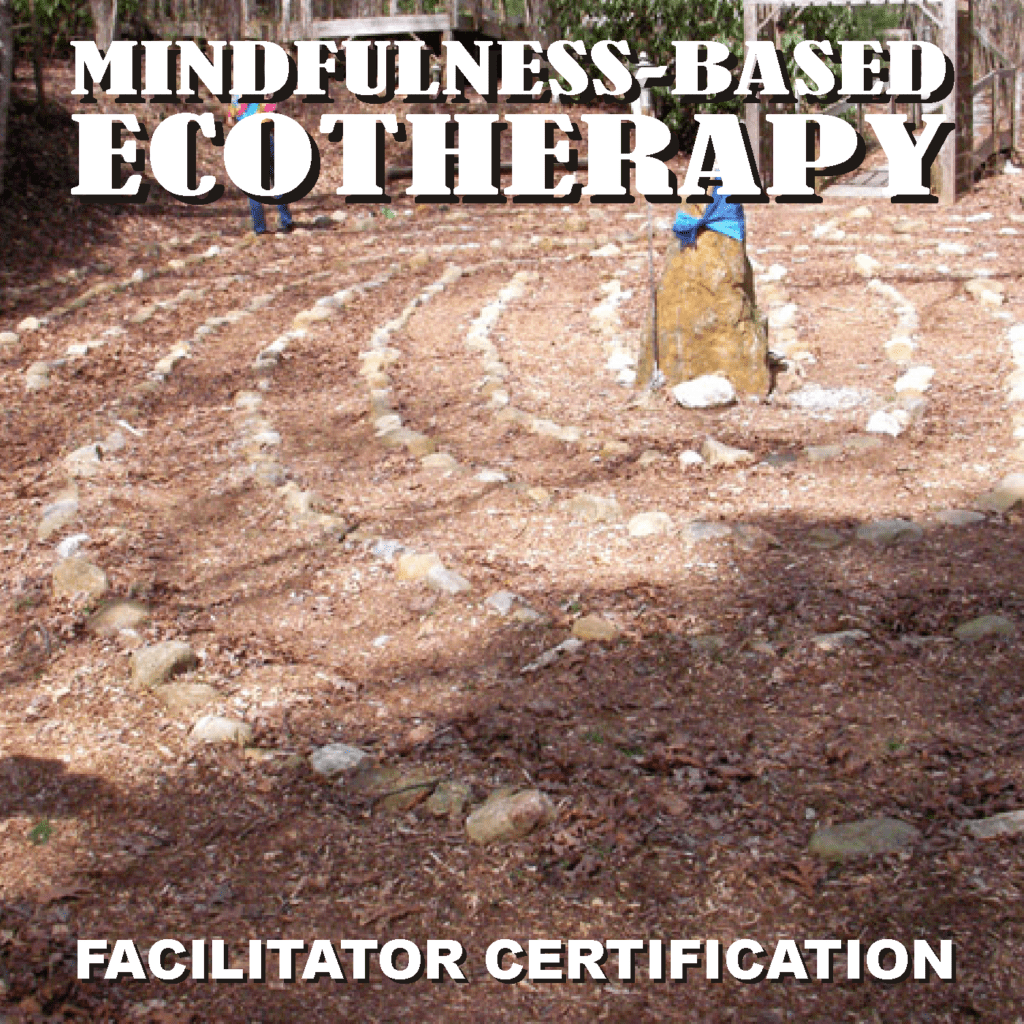
Perfectionism can lead to difficulties with emotional aggression. Sometimes emotional aggression occurs because we expect others to be perfect. Sometimes it occurs because we expect ourselves to be perfect. But what does ‘perfect’ really mean? When I teach an ecospirituality group, I often ask several students to describe their ‘perfect’ day. One might say that a perfect day would be spent on the beach with a good book. Another might say that a perfect day might be spent cuddling with a loved one. Yet another might say that a perfect day would be a day doing nothing. All of these answers are different. After gathering all of these responses, I then ask the class, “Okay, which one of you is right?
Of course that question is meaningless, because each person has described the perfect day for him or her. They’re all right answers because they’re the ones choosing what ‘perfect’ means for them.
So what does ‘perfect’ mean? There is no objective definition to the term. Each person defines it for herself or himself. The idea of perfection manifests itself in the Perfection Triad. When the Perfection Triad is internally focused (that is to say, when I’m speaking about myself), it looks like this:
The ‘Perfection Triad’
- I make the rule(s)
- I break the rule(s)
- I punish myself
What this means is that I have made a rule that I must be ‘perfect.’ This rule is destined to be broken, because, as the saying goes, “Nobody’s perfect.” So when I inevitably break the rule that “I must be perfect,” I punish myself by feeling guilty. I may even punish myself by engaging in self-sabotaging behaviors.
The good news here is that in all three of the components of the Perfection Triad, “I” am the common factor. Since I’m the one making the rule, I’m the one breaking the rule, and I’m the one punishing myself for breaking the rule, I can change any of the three components to get a better result. Let’s look at what happens to the other two elements when I change any one element. We’ll start with changing “I make the rule.”
If I am making the rule that “I must be perfect,” and then I’m constantly breaking the rule by failing to be perfect, I can choose to change the rule just a little bit. Suppose I change it to something that is more achievable, like, “I’ll always do my best.” This means that I don’t have to be perfect all the time as long as I was acting to the best of my ability. So if that’s the rule, then I’ll rarely break it. If I don’t break the rule, there’s no need to punish myself. So the entire meme has changed to something that is achievable.
What if I changed the component that says, “I break the rule?”
The only way to change this component is to never break the rule. If the rule is, “I must be perfect,” then the only way to avoid breaking the rule is to be perfect all the time. This is what happens with most perfectionists. They try to avoid breaking the rule by attempting to be perfect all the time. Unless they have a very liberal definition of what it means to be perfect, they’re likely to have a hard time keeping this rule, but let’s assume it is possible, by their definition, to manage to be perfect all of the time. In such a case, the rule never gets broken, so there’s no need to punish themselves for changing the rule, and there’s no need to make a different rule as long as they’re able to avoid breaking the rule they have made.
Finally, let’s look at what happens if we change the component that says, “I punish myself.” If I decide to change it to something like, “I won’t punish myself,” then there are no negative consequences for breaking the rule, so there’s no need to make a new rule. There is also no problem, since I’m not punishing myself.
If you find yourself a victim of the Perfection Triad, ask yourself which component would be the easiest to change. Remember that you, and only you, are in control of defining the rules, keeping the rules, and deciding on the punishment, if any.
Sometimes emotional aggression occurs when we expect others to be perfect and they fail to live up to our expectations. This is an external meme because it involves other people, and other people are external to ourselves.
The externally-focused Perfection Triad looks like this:
The ‘Perfection Triad’ (External)
- I make the rule(s) for others
- Others break my rule(s)
- I punish others by engaging in emotional aggression
In this externally-focused triad, we expect others to live up to our expectations of perfection. When they fail to live up to our expectations by breaking our rules, we punish them by engaging in emotionally aggressive attempts to force them to follow our rules. This triad is especially heinous because we are expecting others to live up to our definitions of ‘perfect’ instead of their own definitions.
Once again we can move to a solution-focused meme by changing any one of the components. Let’s start with, “I make the rule for others.” I can change this component by ceasing to make the rule for others, or by making a rule for others that it is possible to follow. In either case, the rule doesn’t get broken, so there is no need to punish them by engaging in emotional aggression.
Another solution-focused approach is for others to simply agree not to break the rules I’ve made for them. This solution is a control-freak’s dream, because it means that if others agree to abide by our rules, we have effectively controlled them. Unfortunately, this is not a real solution, because if others have agreed to allow us to make rules for them, and they’ve agreed not to break the rules we have made, then there is probably some sort of abusive relationship going on. Even so, this is the solution we are attempting to get when we punish others by engaging in emotional aggression after they’ve broken our rules.
The final way to move this triad to a solution-focused one is to change the “I punish others by engaging in emotional aggression” component. The only way to change this component is to cease acting in emotionally aggressive ways when others have broken the rules we have made. If we cease to punish others for breaking our rules, then it doesn’t matter what the rules are, and whether they break them or not. Since there are no negative consequences for not playing by the rules, there is no problem.






